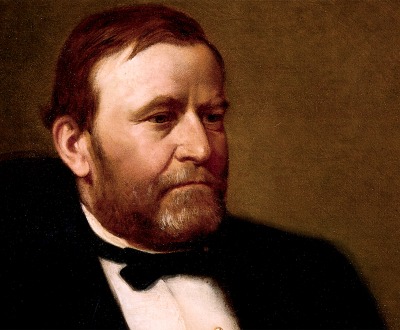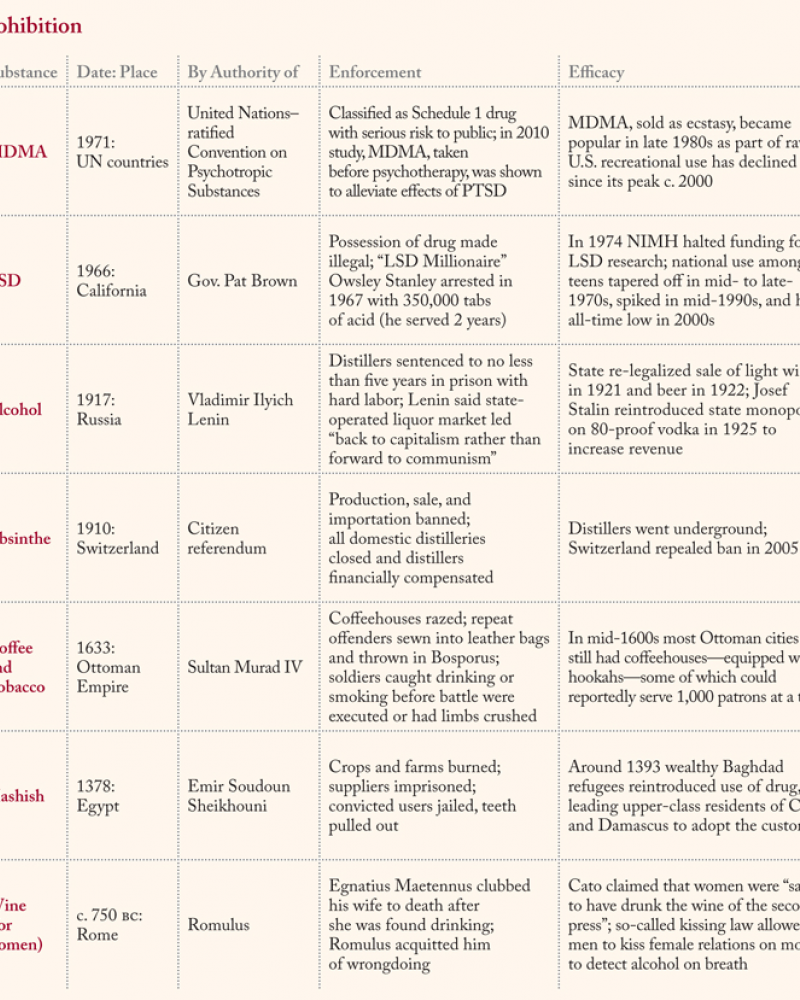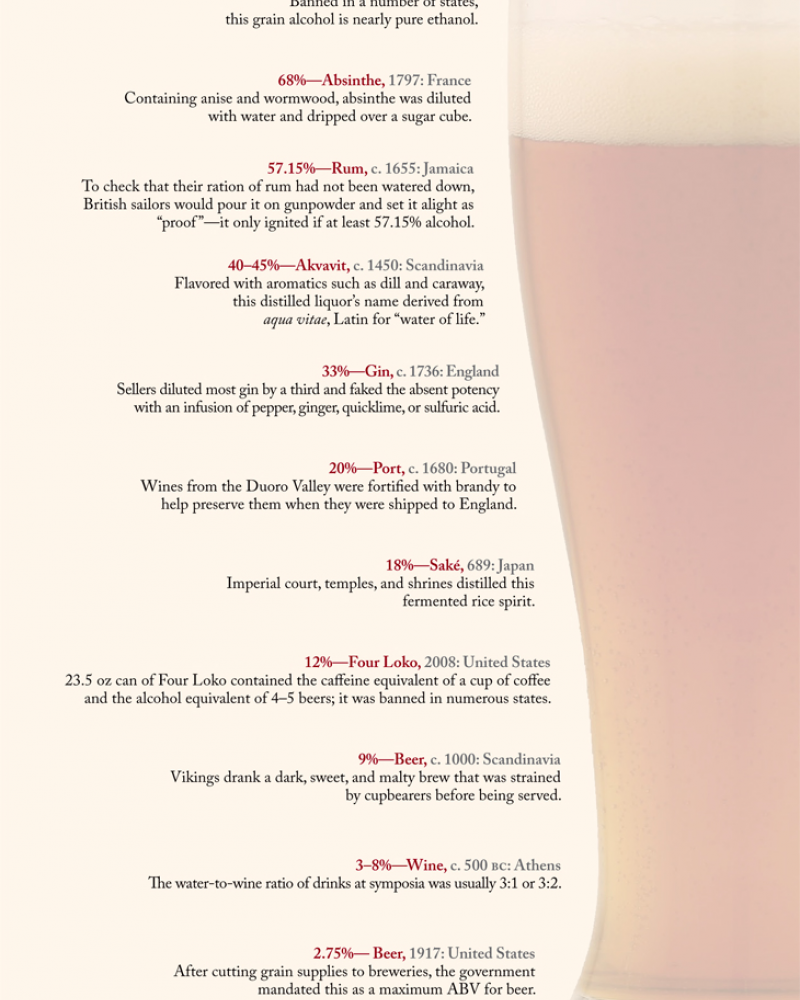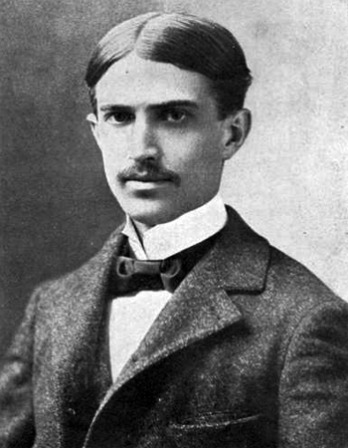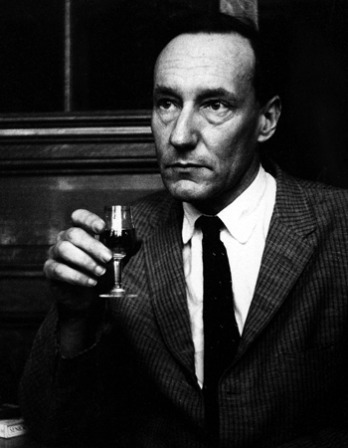Miscellany
At a seance in the White House in 1862, Nettie Colburn Maynard, the medium, recalled that, after losing consciousness, she, channeling Daniel Webster, spoke for over an hour, during which President Abraham Lincoln was assured that the Emancipation Proclamation he had written but not signed would be “the crowning event of his administration and life” and that he needed to “stand firm” against dissenters. Arthur Conan Doyle later speculated that it “may have been one of the most important [moments] in the history of the United States.”
